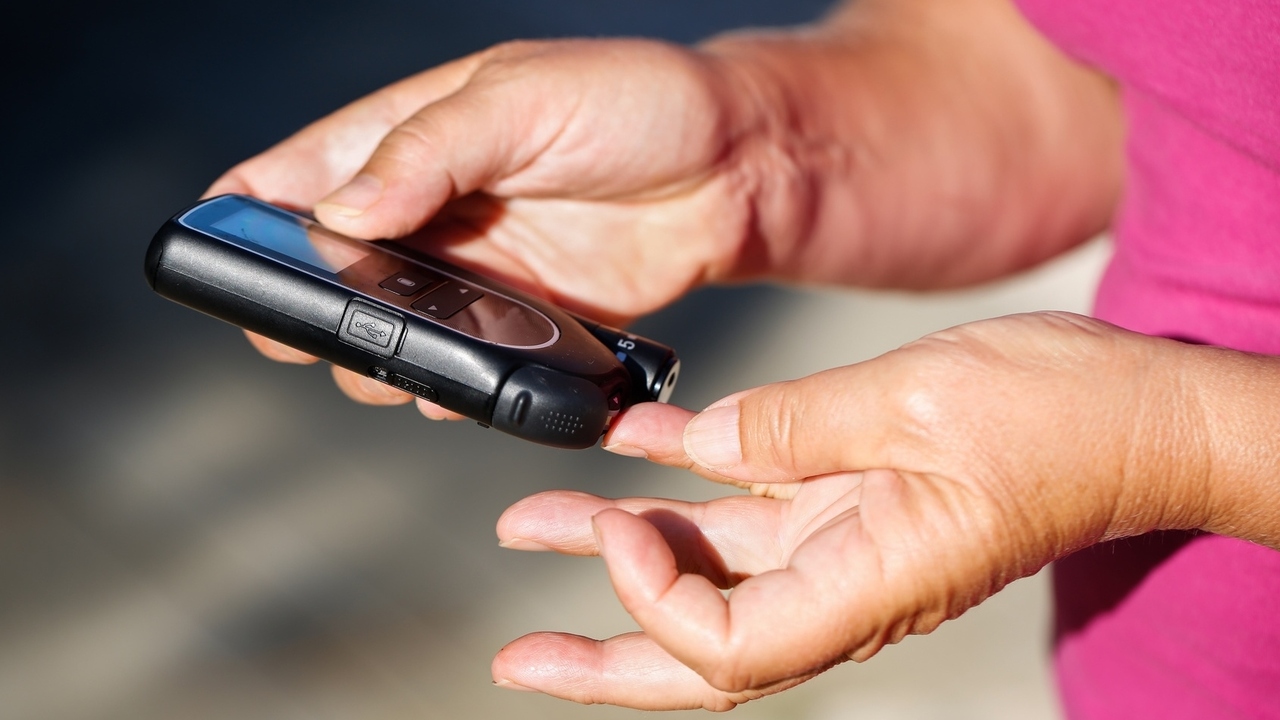Type 1 Diabetes: What It Means For Your Child And You
 Photo: Getty Images
Photo: Getty Images
If you've just learned that your child has type 1 diabetes, your world has just undergone a transformation, and things will never be the same again. Type 1 diabetes is something that doesn't go away.
But while it's a chronic condition, it's a chronic condition that can be controlled. And you are in a great position to help your child know how to handle this shakeup to his or her world as well.
No matter how you're feeling, some things are going to need to be done every day. Some of those things will need tending to several times a day.
You will need to take care of these new duties and responsibilities, as you and your child now must learn how to live life very differently than before type 1 diabetes entered the scene.
You will be testing your child's blood sugar (glucose) level. You will learn how to give insulin injections.
You have probably kept a watchful eye on your child's snacks and mealtimes in the past. Now food will need to be monitored in brand new ways. And you will need to be able to tell when your child's blood glucose levels are dropping, so that you can prevent episodes of hypoglycemia (low blood sugar).
The pancreas of someone with type 1 diabetes is dysfunctional, not producing insulin. Glucose in the bloodstream can't be accessed without insulin, so the glucose is unavailable to the body and its need for energy. Insulin has to be injected every day, so the body can function.
Monitoring blood glucose is not an exact science, and hypoglycemic (low blood sugar) or hyperglycemic (high blood sugar) events can come on the scene, despite the best vigilance.
A hypoglycemic episode happens when the child's blood sugar has dropped too low. Unless the child receives a source of glucose, this can lead to a more serious insulin reaction or insulin shock.
How does this come about? If a child didn't eat enough, or waited too long to eat, they can experience an episode of hypoglycemia. If your child is too active and hasn't eaten, hypoglycemia can result. If too much insulin was injected, this can cause a hypoglycemic episode.
At the other end of the spectrum is the hyperglycemic event. If your child ate too much, or didn't have enough insulin, hyperglycemia can occur. An illness or not getting enough physical activity can also lead to a hyperglycemic event.
Sounds overwhelming, but you can handle it. Keeping a regular schedule for meals and exercise, and administering insulin regularly will go a long way to maintaining a sense of normalcy and security for your child.
If you act like this change to your lives can be handled and balance can be maintained, your child may well be able to believe this as well.
Sources:
Children and type 1 diabetes. Diabetes.ca. Retrieved Nov. 8, 2011.
http://www.diabetes.ca/diabetes-and-you/youth/type1
A Child With Type 1 Diabetes Is In Your Care. Jdrf.ca. Retrieved Nov. 8, 2011.
http://www.jdrf.ca/index.cfm?fuseaction=home.viewpage&page_id=0D1C223B-A...
Visit Jody's website and blog at http://www.ncubator.ca and http://ncubator.ca/blogger
Reviewed November 9, 2011
by Michele Blacksberg RN






Add a CommentComments
There are no comments yet. Be the first one and get the conversation started!